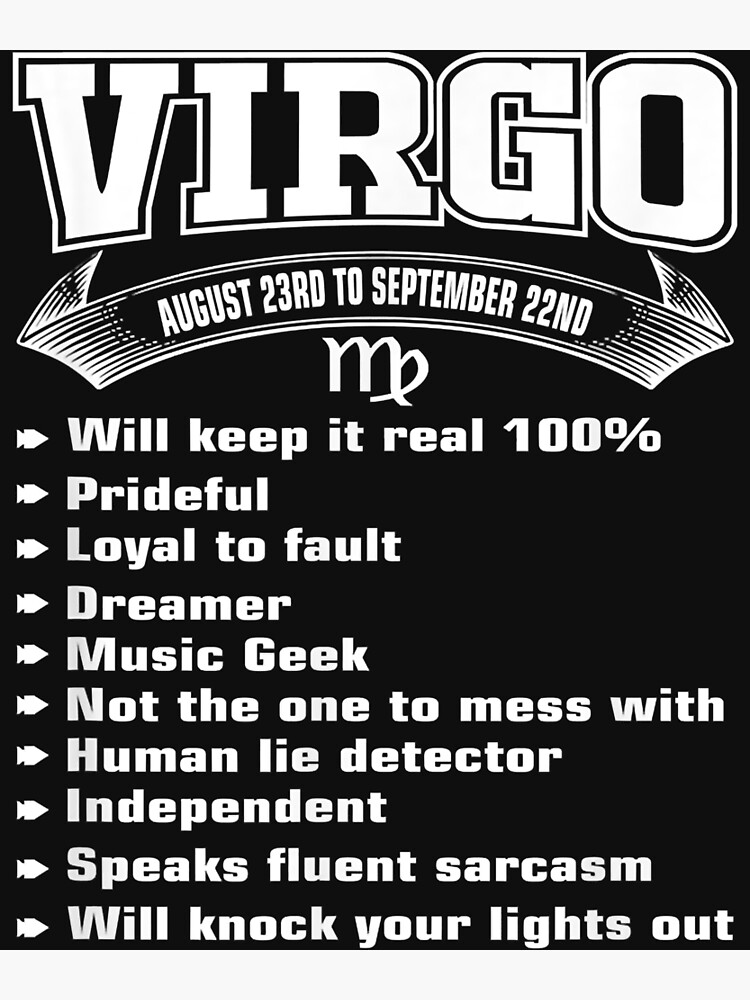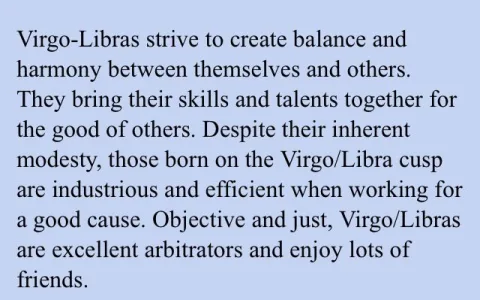Man, I spent months trying to figure out why some folks—you know the Virgos—just can’t let anything go. I mean, I love them, but the way they zoom in on the tiniest specks of dust when the whole damn operation is on fire? It used to absolutely baffle me. I watched them constantly trying to organize chaos that didn’t necessarily need immediate organizing. I initially thought it was just them being difficult, maybe a little bit controlling, or perhaps just inherently stressed out by mess.
I used to be the guy who focused on the big picture, the architecture, the overall function. If the core system worked, who cares if the padding on the sidebar was off by three pixels? But every time I launched a project, if a Virgo was involved, I found myself getting dragged back into the weeds. It was maddening. I remember sitting through one meeting where we literally spent 45 minutes debating whether we should use an em dash or an en dash in the main user manual. The user manual was 500 pages long, and we were losing the deadline fast. I seriously wanted to scream, “Who reads the manual anyway!” but I held my tongue.
I didn’t really grasp the full impact until this disaster of a team project happened last year. We were developing this crucial new internal reporting dashboard. Simple stuff, critical data display. We had a killer deadline, a seriously tight one. I busted my butt designing the interface, coding the core logic, building the infrastructure, getting the whole thing stable and performant. Everything passed my stress tests. Ready to ship.

Then my project lead, a classic, textbook Virgo, steps in for the final review. He scrolled through every single line of the data output, looking for rounding inconsistencies and mismatched timestamps. He stopped the deployment—stopped it dead—because the column headers on one secondary data sheet were in Arial Black instead of Arial Regular, even though it was explicitly formatted this way for accessibility contrast. I pleaded, I argued, I showed him the executive presentation was scheduled for 9 AM the next day. Didn’t matter. He refused to sign off. The whole launch got delayed by five days, all so he could manually unify a font that literally only three internal users would ever see.
That failure drove me absolutely insane. It cost us credibility and a bonus. I realized right then that I couldn’t just dismiss this as eccentric behavior or neuroticism anymore. If I wanted to survive working with this guy, or honestly, thrive in any high-stakes environment where details could kill you, I had to deconstruct their operating system. I needed to understand what psychological switch made a small detail more important than the entire project timeline.
So, I started my little ‘Virgo Deep Dive Project.’ I began logging every single time he, or my other detail-oriented friends, got stuck or stalled a process. I specifically tracked the type of detail that caused the bottleneck—was it aesthetic, organizational, or factual?
I dedicated the next two months to this process:
- I spent the first few weeks just observing their physical spaces and how they maintained them—the precise angle of their monitor, the specific organization of their spice racks (yes, I went there).
- Then I documented their digital routines—how they name their files, the complexity of their email filters, the insane number of folders they use.
- Finally, I interviewed a few of them, framing it as a study on ‘efficiency drivers and organizational flow,’ to get them to talk openly about their internal standards and fear of error.
The pattern quickly emerged, and it was a massive revelation. It wasn’t about the detail itself; it was about the potential chain reaction if that detail was ignored. They weren’t seeing a slightly wrong font or a single misplaced comma; they were seeing the collapse of the entire system because standards were allowed to erode. They viewed that tiny error as proof that the entire foundation was shaky.
The Real Reason They Obsess Over Tiny Things
It finally clicked. The obsession over small details isn’t arbitrary—it’s a hardcore defense mechanism. It’s a weird kind of practical perfectionism rooted in profound fear of failure. For them, micro-management is the only guarantee of macro-safety. When I started viewing their obsession through the lens of ‘catastrophic risk mitigation,’ everything changed. They are not trying to make you miserable; they are trying to prevent the colossal screw-up they know is lurking around the corner if that one loose thread isn’t tied down perfectly.
I used to feel personally attacked when my work was scrutinized down to the hyphen. Now, I see they are just performing an intense, necessary vulnerability check. They fundamentally do not trust that something small won’t become something devastating later. They believe if they handle the minute details with precision, the big structure will naturally remain solid and predictable.
So what did I actually change in my own practice? I stopped fighting them. I started preempting them. Before I handed in that next report, I spent an extra hour just meticulously aligning headers, checking footnote consistency, and running three extra grammar passes. I started organizing my code with ridiculously clear commenting and consistent variable naming, far more than I had ever done before, specifically to remove their targets. I began thinking two steps ahead about potential points of failure that look small now but could explode into compliance issues later.
And guess what? My life got easier. That project lead? He started approving my stuff faster, often without comment, because I was meeting his invisible, unspoken standard of detail integrity before he even had a chance to ask. It wasn’t just about coding better; it was about aligning my definition of ‘finished’ with theirs. It drove me crazy getting there, absolutely bonkers having to look at every single tiny thing, but by dissecting that weird, sometimes annoying trait, I actually learned a massive lesson: details matter, not because they are inherently important, but because they are the building blocks of trust and predictability in complex, professional systems. Trust me on this one; embrace the small details, or forever be driven mad by the Virgos who live by them.






